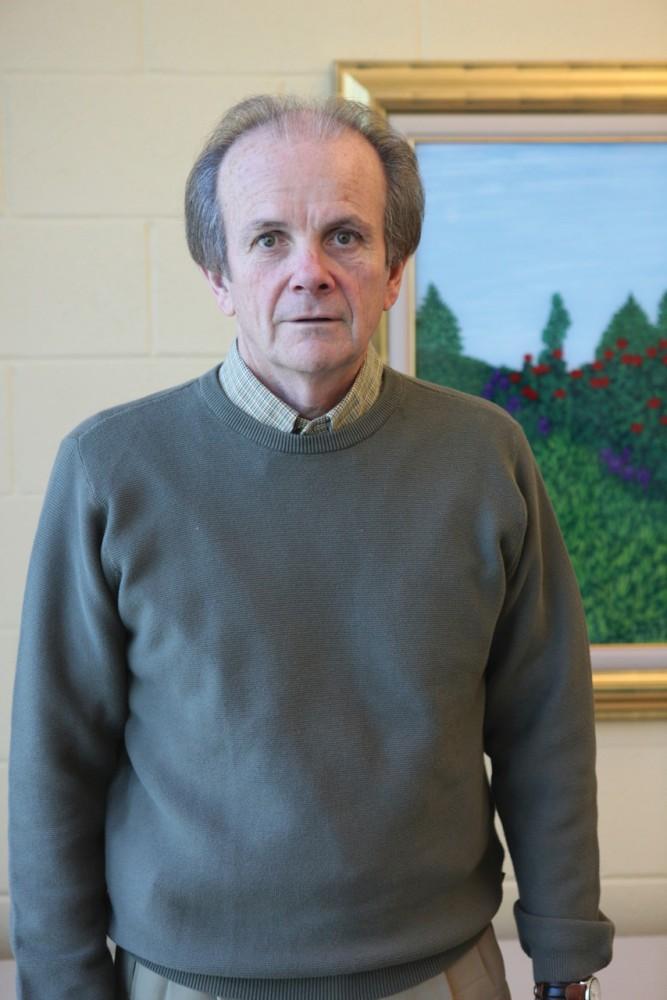New fund to cover sustainable projects

GVL Archive / Jams Brien Norman Christopher
Nov 18, 2010
Parents tell their children money doesn’t grow on trees – and they are right – but now money may help trees grow.
Grand Valley State University’s Sustainable Community Development Initiative recently created the university’s first-ever Sustainable Community Reinvestment Fund. The fund will award grants and loans to students, departments and organizations that will allow them to implement sustainable projects in the GVSU community, continuing the university commitment to sustainability and the environment.
Applications for funding, which were due last week, are currently being reviewed by a committee of faculty and staff members who are responsible for overseeing loans and grants disbursement, according to a GVSU press release. Wendy Wenner, dean of the Brooks College of Interdisciplinary Studies, is the committee chair.
“The fund provides start-up capital in the form of grants and loans for projects that will add value to the campus community, such as energy-saving or recycling initiatives,” said Bart Bartels, SCDI project manager. “The idea is to funnel cost savings back into the fund and build it up over time.”
Brian Copeland, assistant vice president for Business and Finance and committee member, said in a GVSU press release that the reinvestment fund totals $35,000, and most projects will be funded for less than $5,000.
“The fund is for students, staff, faculty and departments,” Bartels said. “Basically, anyone that has an idea about how to add value or create efficiencies in the community. It is important that everyone have the opportunity to provide input. You never know where the next cost-cutting or value-creating idea will come from.”
Norman Christopher, executive director of the SCDI, said the idea for the reinvestment fund came about when the SCDI provided seed grants of $250-$500 each semester to faculty and staff. He said due to the success of the seed grants, many university organizations and departments took part helping to create the new reinvestment fund.
“Thanks to the support and contributions from the Student Senate, University Bookstore, Campus Dining, Sustainability Initiative and Finance and Administration, the Sustainable Community Reinvestment Fund was created and established this year,” he said.
While this reinvestment fund is the first to exist at GVSU, it is not the first to be utilized by a university. Many universities have reinvestment funds, Bartels said. Harvard has a Green Fund that provides a 30-percent annual return, a better investment than their endowment.
“The reinvestment fund is important because of the need to provide additional funding sources and collaborative models for sustainable development projects that can make a difference and make an impact both on campus and in the community,” Christopher said.























